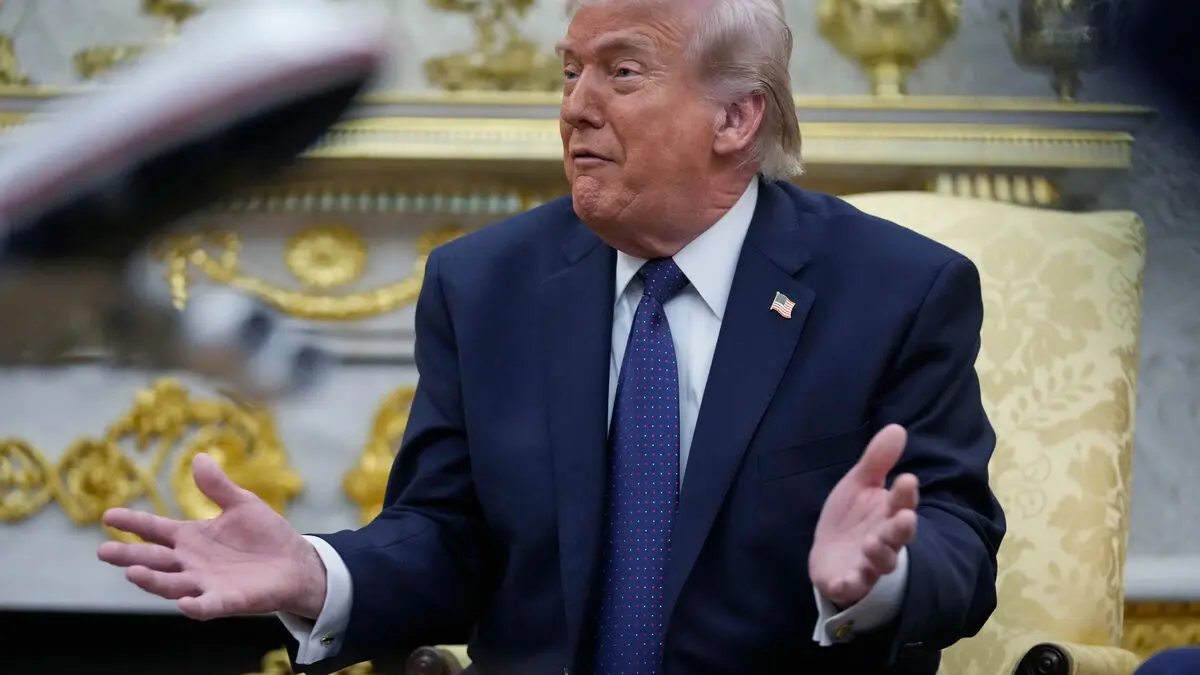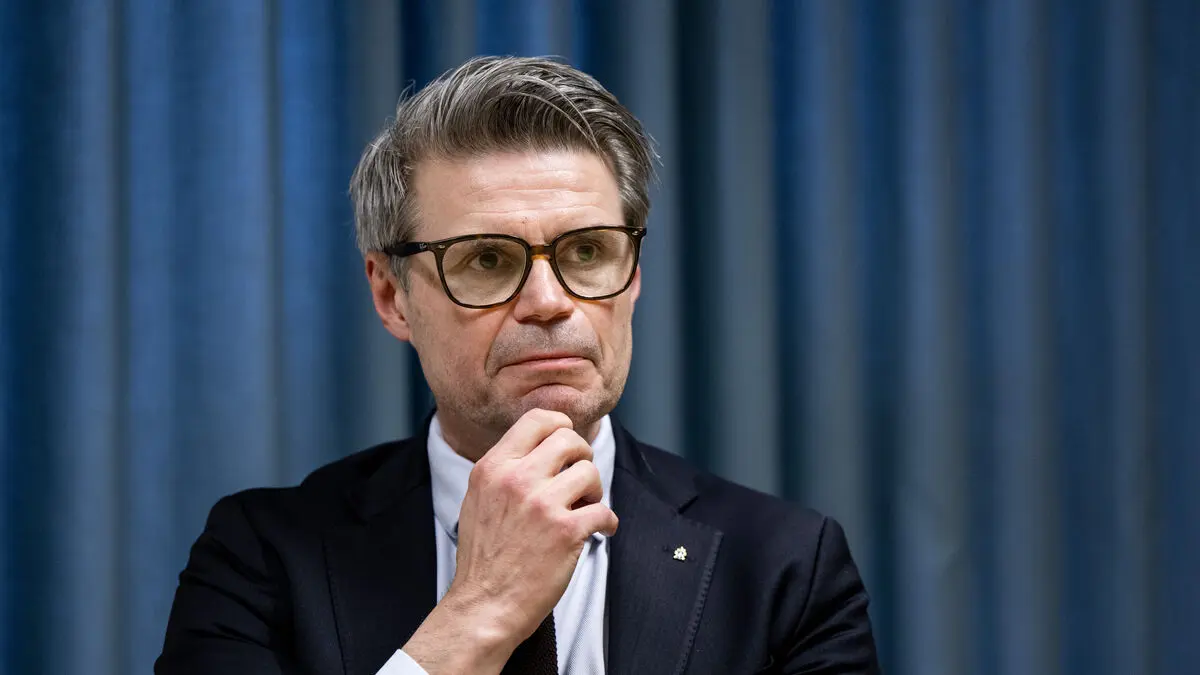25% tariffs against Mexico and Canada are threatened, which actually have nothing to do with trade policy, just because Trump wants to stop migrants and drugs across the borders.
It's really a form of policy on these tariffs, says Robert Bergqvist.
He means that they should be seen as negotiating tactics.
Tariff Stress
He sees how the world is stressed by the tariff threat. And in that stress, he expects the world to partially meet him halfway on a number of different issues, continues Bergqvist.
So far, financial markets have reacted surprisingly little, he thinks. In China, the leading stock indexes rose, despite statements about 100% tariffs if the Chinese do not comply with the US in the Tiktok affair, while the US long-term market interest rates clearly fell. Higher tariffs should actually increase the risk of inflation.
Trump is often described as wanting to pursue a policy that benefits stock markets.
Can be Interpreted as a Green Light
I can get a little worried if the stock markets don't react more negatively to these statements. It can almost be interpreted as a green light for both an aggressive tariff policy and that it's okay to create this uncertainty around trade policy, says Robert Bergqvist.
But on the other hand, maybe his tariff statements are more negotiating tactics than the start of a trade war, he reasons.
So that's the light in the tunnel, says Bergqvist about the reactions on the world's financial markets.
So far, it should be added. The new US president has not yet completed 24 hours in office.






